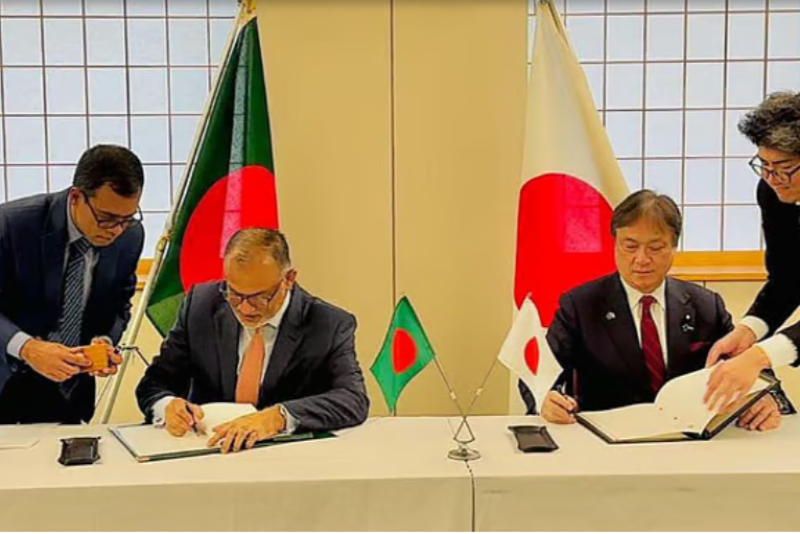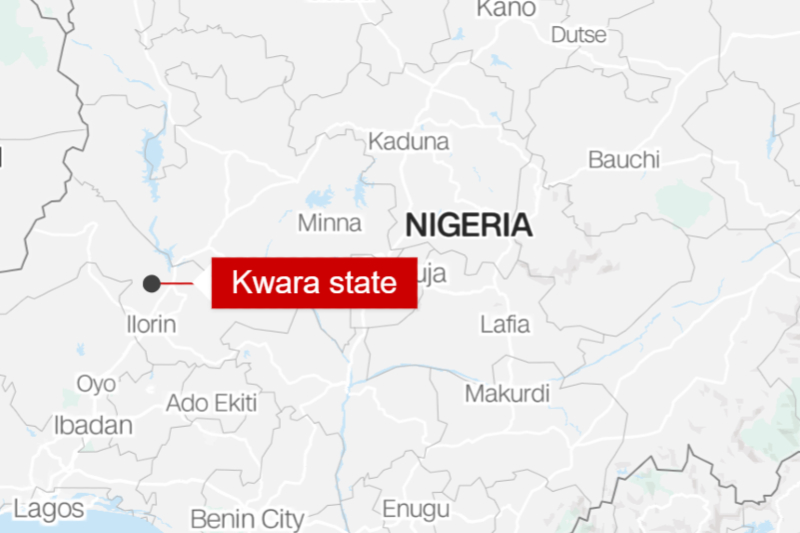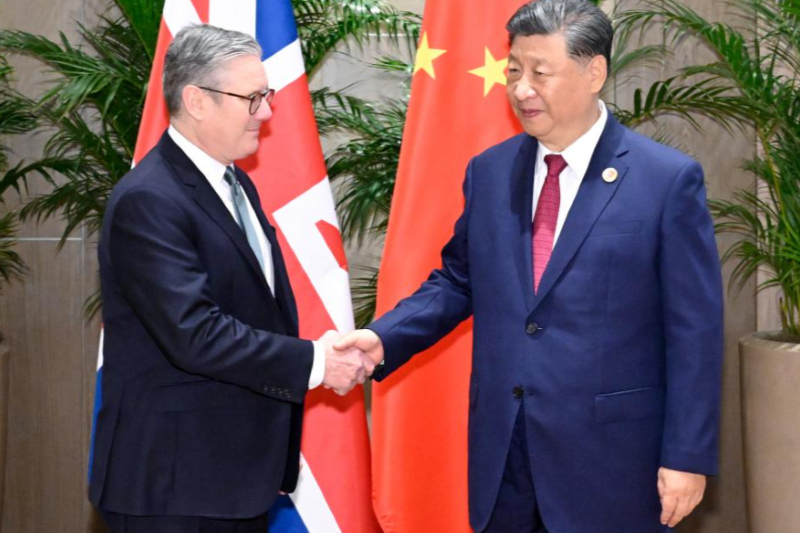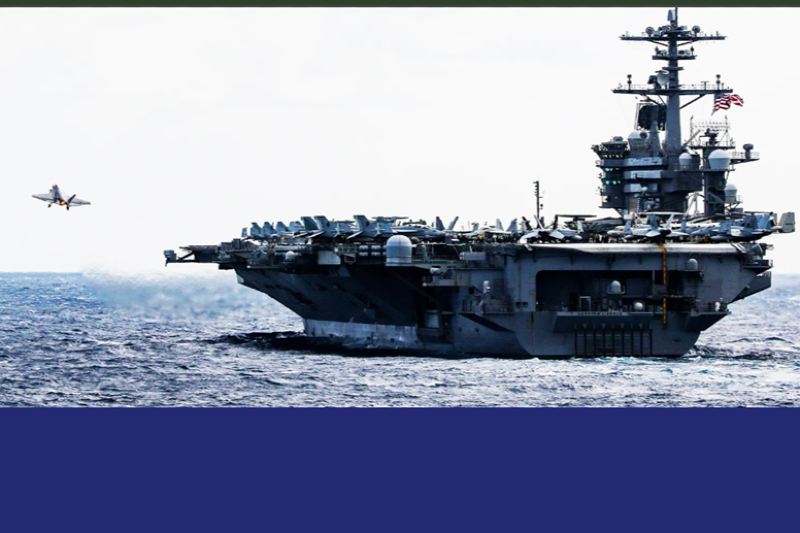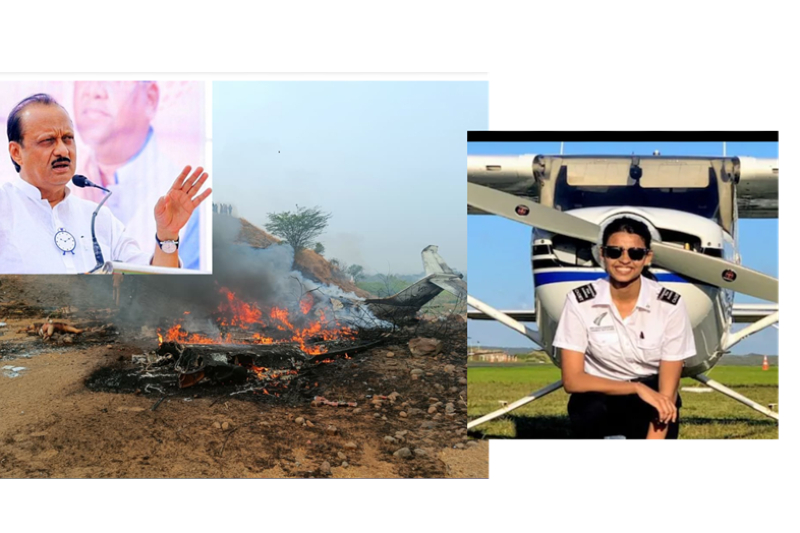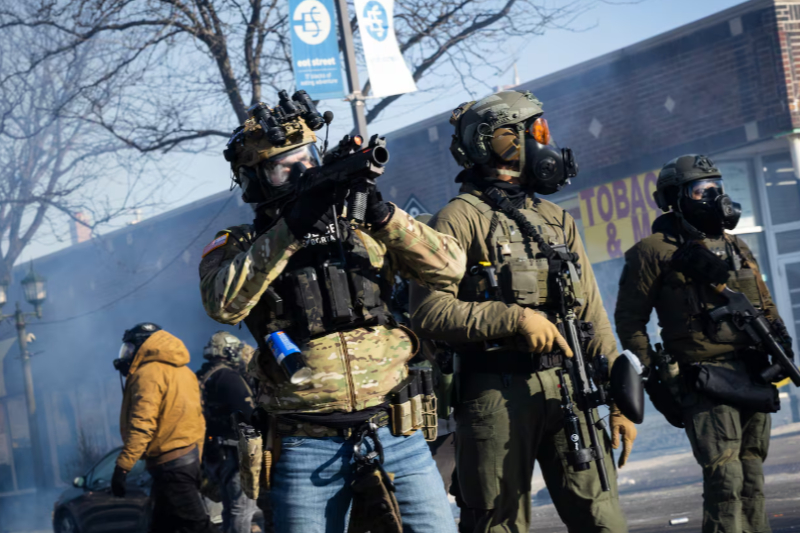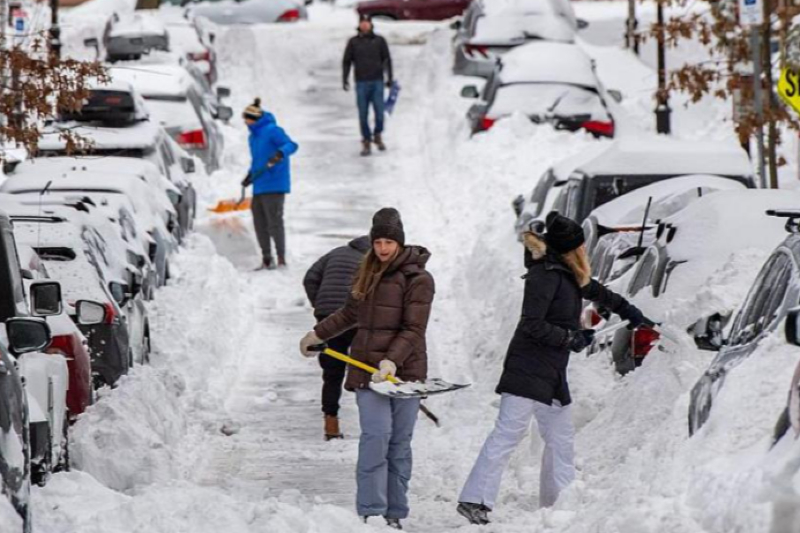Tensions Soar as US Bombs Iranian Nuke Sites; Tehran Vows Retaliation
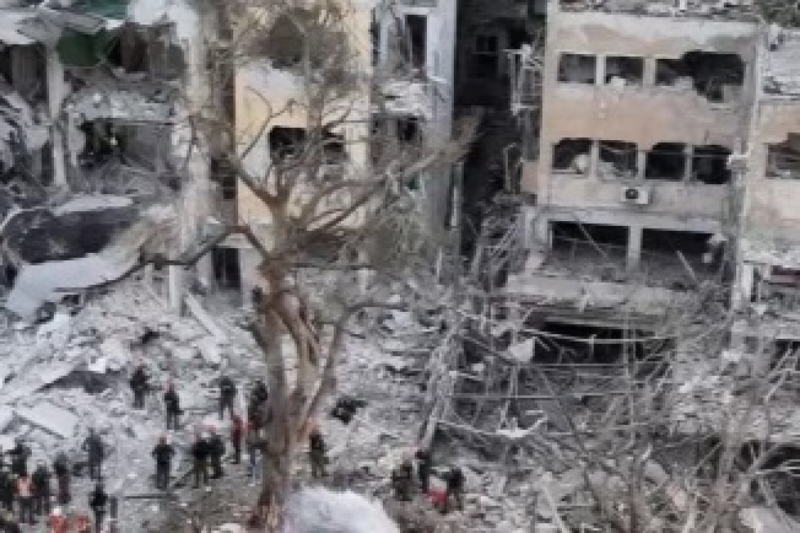
Iranian President Masoud Pezeshkian has vowed that the United States will face consequences for what he called a serious act of aggression, following American airstrikes on three key Iranian nuclear facilities early Sunday.
The attack—dubbed Operation Midnight Hammer—marked a significant escalation in the region, thrusting the US directly into the ongoing Israel-Iran conflict.
According to US officials, more than 125 aircraft were deployed in the operation, including B-2 bombers that served as decoys. Other bombers dropped over a dozen “bunker-buster” munitions on Iran’s underground nuclear facilities in Fordow and Natanz. Cruise missiles were simultaneously launched at the Isfahan facility.
Defense Secretary Pete Hegseth described the strikes as a decisive blow to Tehran’s nuclear ambitions, although a full damage assessment remains underway.
US President Donald Trump hailed the mission as a success, claiming it had effectively taken “the bomb out of their hands.” However, Iran’s Foreign Minister criticized the US for breaching a “red line,” warning that such actions severely undermine any prospects for future diplomacy.
He also stressed that Iran's nuclear expertise could not be eliminated by military means.
Meanwhile, the United Nations Security Council convened an emergency meeting to address the rapidly deteriorating situation. The UK’s representative, Barbara Woodward, called for restraint, reiterating Britain's long-standing opposition to Iran possessing nuclear weapons.
She emphasized that the UK was not involved in either the US or Israeli operations and urged a diplomatic path forward, stating that “military action alone cannot deliver a sustainable resolution.”
At the same time, Iran activated air defense systems in several cities, including Tehran, Tabriz, and Yazd.
Iranian media reported that Israeli strikes targeted two military zones in Yazd province, killing at least nine people, including members of the Islamic Revolutionary Guard Corps (IRGC).
The IRGC-affiliated Tasnim News Agency confirmed the casualties.
The Israeli military also confirmed that its air force had launched additional attacks targeting military infrastructure in Tehran and western Iran.
Iran’s Red Crescent accused Israel of striking hospitals and medical facilities during the assault.
As the violence continues, world leaders are appealing for calm. Indian Prime Minister Narendra Modi expressed deep concern in a phone call with President Pezeshkian, urging both sides to de-escalate and pursue dialogue. Modi stressed India’s commitment to regional peace and stability.
The conflict began escalating significantly after Israel launched a wave of airstrikes on Iran on June 13, claiming to target nuclear capabilities.
The US airstrikes over the weekend represent the first direct American assault on Iran’s nuclear infrastructure in decades, signaling a potentially volatile new chapter in Middle Eastern geopolitics.
With both Iran and Israel exchanging heavy fire and diplomatic efforts hanging by a thread, the international community fears that further escalation could destabilize the region irreversibly.

